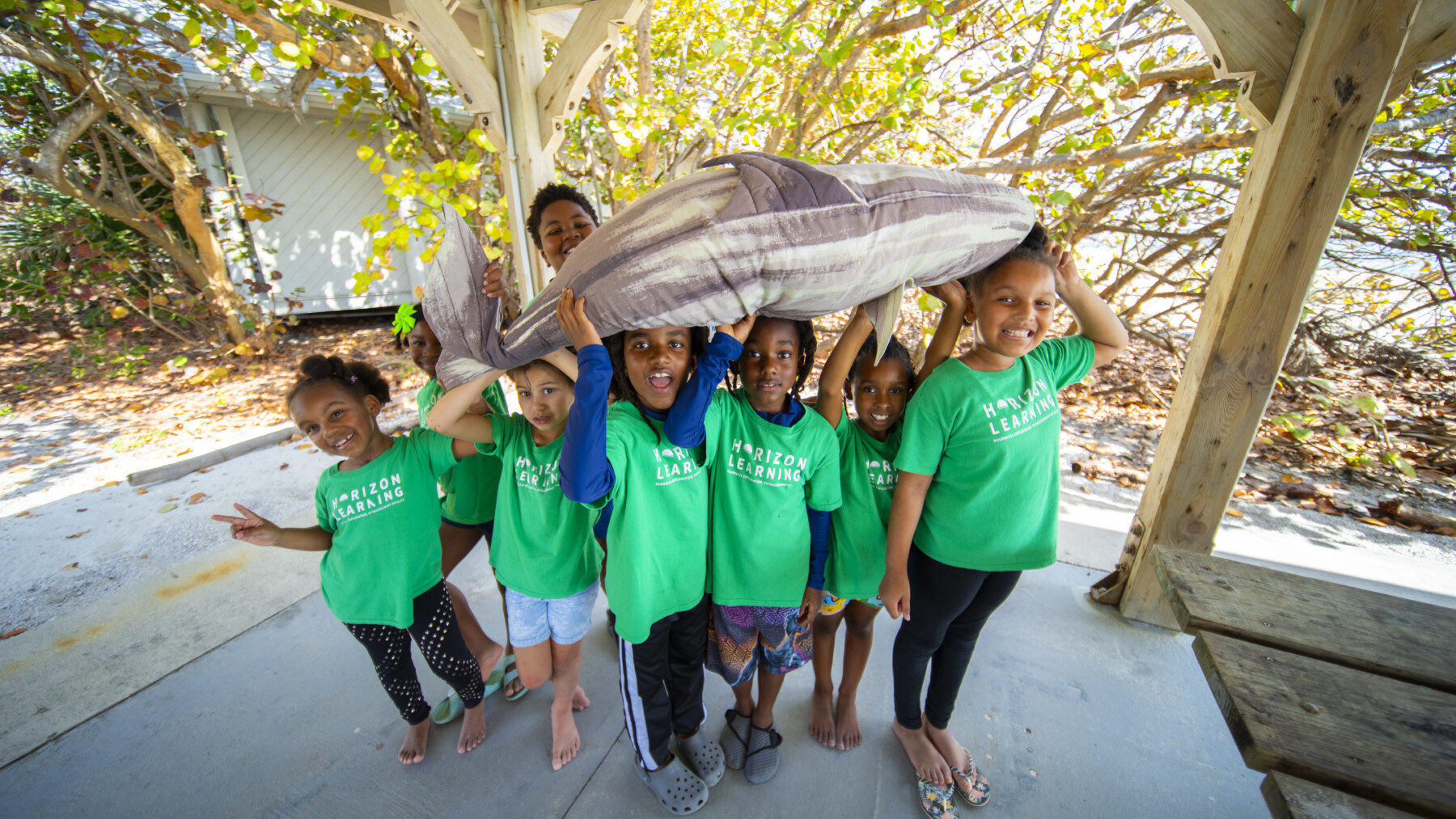Tag: American Federation for Children

In the most school choice rich state in America, 1 in 5 Black students now enrolled outside district schools
Three decades ago, dozens of Black families in the Liberty City neighborhood of Miami enrolled their children in Florida’s first charter school. They didn’t know it, but they were kickstarting the most dramatic, statewide, educational shift for Black students in America. Today, 140,000+ Black students in Florida are being educated... READ MOREHera Varmah: National School Choice Week celebrates the power of education
As we celebrate National School Choice Week, we’re reflecting on...
READ MOREAt 19, Gabriel is an ordained minister, motivational speaker, author, and now an education choice advocate
Gabriel Lynch III is new to his role as an...
READ MORECommentary: Educational Choice for Children Act should be GOP’s top priority
By Shaka Mitchell After this month’s election, which has resulted...
READ MOREFight for future of Nebraska school choice moves to 2024 ballot
The big story: Opponents of Nebraska’s first K-12 school choice...
READ MOREA new generation of activists takes to the front lines of the school choice movement
Sherlean Roberts felt a surge of adrenaline as she noticed...
READ MORESchool choice changed our lives
Editor’s note: This commentary from Jayleesha Cooper and Brandon Villanueva...
READ MOREArizona governor’s plan to undo nation’s largest school choice program will harm students, advocates say
Editor’s note: This article appeared Monday on dailycaller.com. Newly-elected Democratic...
READ MOREEducation choice groups across the country look to students to ramp up advocacy efforts
Isabella Paez has always embraced advocacy. The whip-smart Florida 15-year-old...
READ MOREWord for Word: Former U.S. Education Secretary Betsy DeVos talks education freedom, the effect of pandemic and what’s in her upcoming book
Editor’s note: Former U.S. Secretary of Education and longtime education...
READ MOREBlack Minds Matter founder featured once again on Ricochet
Denisha Merriweather, director of public relations and content marketing at...
READ MORE

